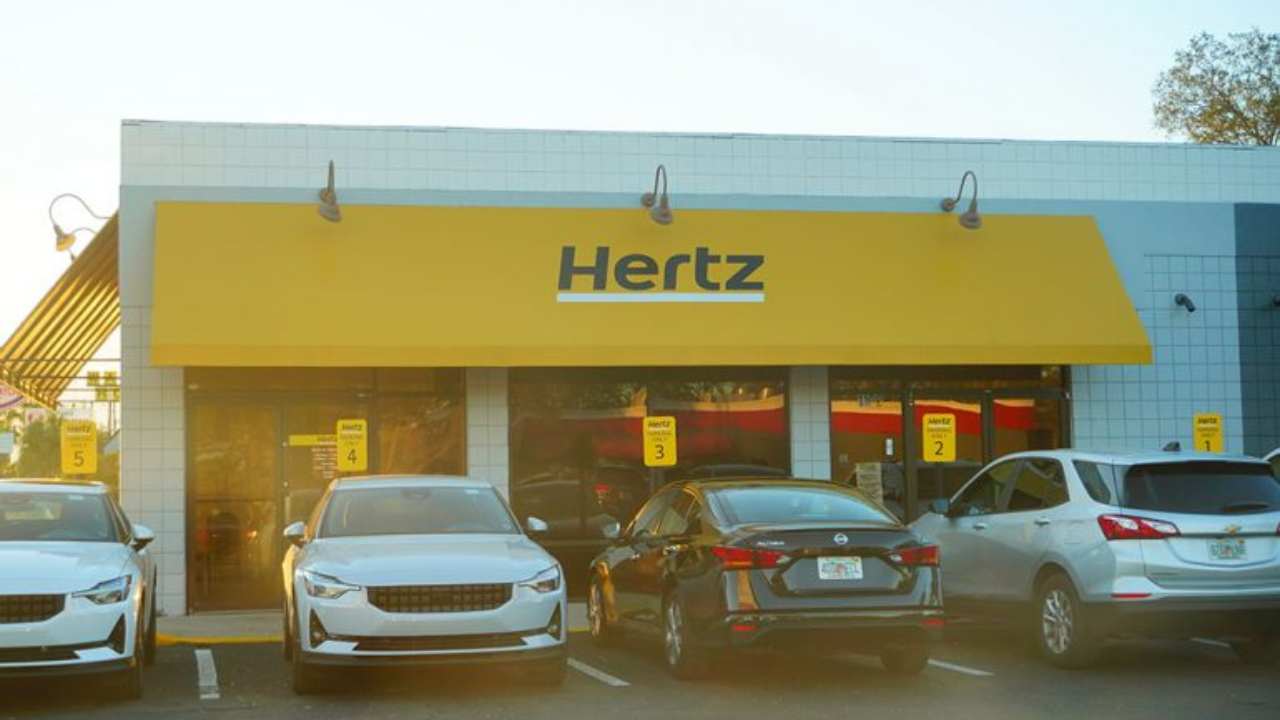Hertz’s Decision to Sell 20,000 EVs Raises Concerns About EV Perception and Second-Hand Market

Largest U.S. Fleet Operator’s Move to Replace EVs with Gas-Powered Cars Expected to Impact Market Perception and Used EV Values
Rental giant Hertz’s recent decision to sell off 20,000 electric vehicles (EVs), primarily Teslas, and replace them with gas-powered cars is causing concerns in the EV market. As the largest U.S. fleet operator of EVs, Hertz’s move is attributed to high repair costs and weak demand for electric vehicles in its rental offerings.
Impact on Second-Hand EV Market
Industry analysts anticipate that the sell-off will have ripple effects on the second-hand market for EVs, potentially dissuading potential buyers, particularly amid rising borrowing costs. Karl Brauer, an analyst at iSeeCars.com, notes that the larger impact is the perception hit to EV technology, stating, “Mainstream consumers are already hesitant to buy an EV, and this news only supports their concerns.”
Repair Costs and Challenges in EV Market
Higher repair costs associated with EVs are cited as a key factor in Hertz’s decision. The lack of expertise in handling EVs and challenges in obtaining replacement parts contribute to elevated repair expenses. Hertz CEO Stephen Scherr highlighted difficulties with damages to certain EVs, particularly Teslas, and noted that Tesla did not offer discounts on bulk purchases of replacement parts.
Concerns also arise from user errors, prompting Hertz to limit torque and speed on EVs and offer them to more experienced users. This move aims to ensure smoother rides after certain renters had front-end collisions.
Growing Pains in EV Technology
A Consumer Reports survey revealed that EVs from the past three years experienced 79% more problems than conventional cars, indicating growing pains for both startup and legacy automakers new to EV technology. Insurance challenges arise due to difficulties in repairing or assessing slightly damaged battery packs in some EVs, leading to insurance write-offs and higher premiums.
Broader Shift in EV Landscape
Hertz’s sell-off underscores a broader shift in the EV landscape, with legacy automakers adjusting production plans as demand slows. The growth of EV sales in North America is expected to slow to about 27% in the current year, compared to a robust 72% in 2023, according to Canalys.
Impact on Second-Hand EV Prices
The potential need for Hertz to dispose of EVs at significant discounts could impact the second-hand market. Prices for used Teslas, currently listed as low as $21,000, may experience further decline, contributing to the overall 33.7% drop in used EV values between October 2022 and October 2023, as per iSeeCars data.
Short-Term Challenges and Potential Solutions
Despite the challenges, some experts suggest that Hertz could benefit from a $4,000 tax credit for certain used EVs, potentially reducing prices and making them more competitive with gas-powered cars. Additionally, high repair costs for EVs are viewed as a short-term challenge that may ease as infrastructure catches up with the transition to electric vehicles. Lynne McChristian, director of the Office of Risk Management and Insurance Research at the University of Illinois, anticipates that as more EVs hit the road, prices are likely to come down.








